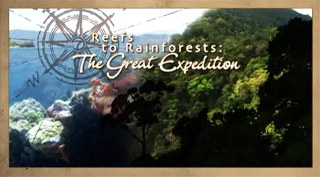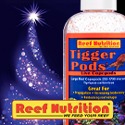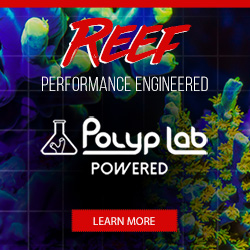This past summer, Steinhart Aquarium biologists (including Advanced Aquarist writers Richard Ross and Matt Wandell) traveled to the Philippines as part of the largest scientific expedition in the history of the California Academy of Sciences (CAS), discovering as many as 500 new species in this biological hotspot.
According to Matt Wandell’s Advanced Aquarist blog:
Scientists from the California Academy of Sciences have launched the most comprehensive scientific survey effort ever conducted in the Philippines, documenting both terrestrial and marine life forms from the tops of the highest mountains to the depths of the sea.
ABC7 local affiliate KGO-TV (San Francisco) aired an hour-long special on CAS’ great expedition. I highly recommend you find some time in the evening or weekend to watch this quality programming. It’s non-aquarist friendly, so invite family members to watch with you.
From ABC7 KGO San Francisco:
ABC7 aired a special called “Reefs to Rainforests: The Great Expedition” on Saturday, Oct. 22, 2011 at 10 p.m. The special took viewers on an expedition to the Philippines for a breathtaking look at one of the world’s richest and endangered biological hotspots, where Bay Area scientists and others believe they have found as many as 500 new species. You can watch the show in its entirety by clicking on the video player above, and you can read about each segment below. Show synopsis: FULL SHOW: Watch the entire special here Featured segments: Scientists find 500 new species of life New species of shark in a threatened eco-system Aquarium treasures and deep sea trawling Scientists find bugs and snakes and protect consumers It’s not too late: Written and produced by Jennifer Olney. (Copyright ©2011 KGO-TV/DT. All Rights Reserved.) |











0 Comments